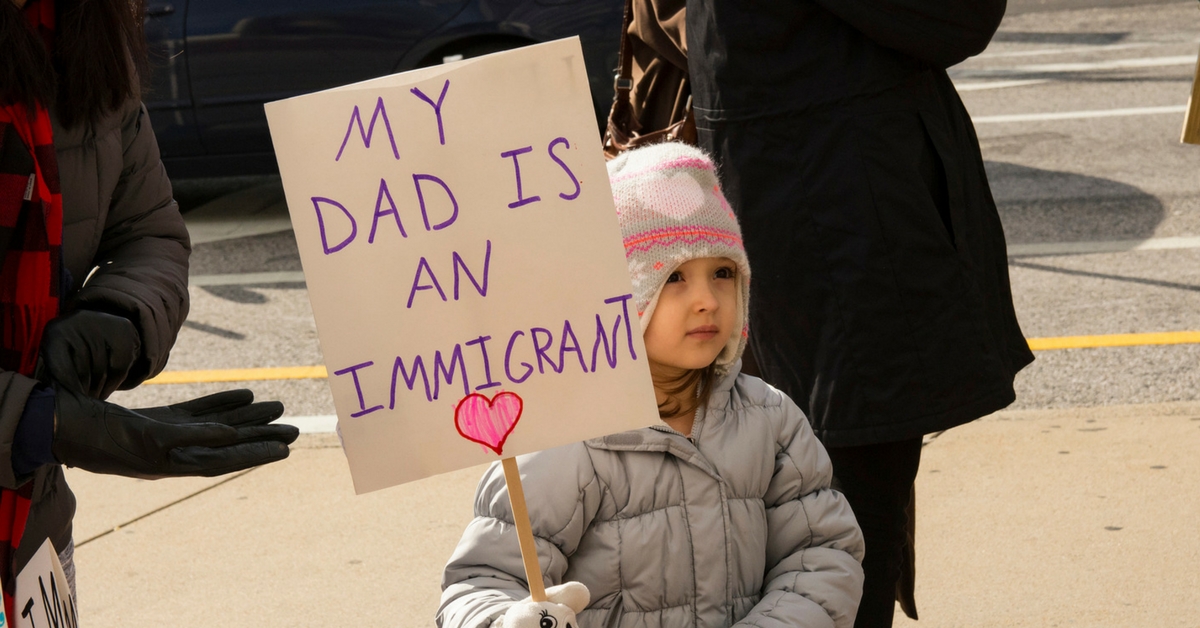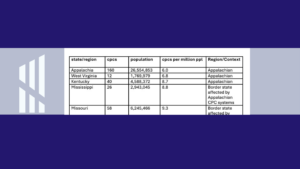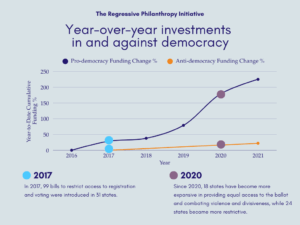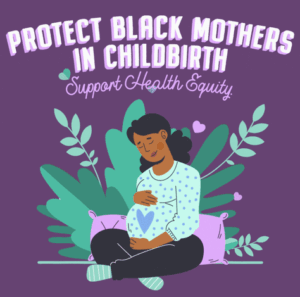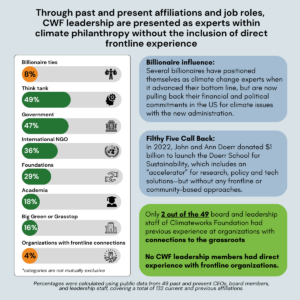A week ago, Grantmakers Concerned with Immigrants and Refugees issued a powerful joint statement calling on funders to take a stand against President Trump’s executive orders on immigrants and refugees. Since then, 140 foundations have signed on, and NCRP is proud to have signed through the CHANGE Philanthropy network.
For us it’s simple: We believe we’re stronger when we put love before fear and when philanthropy devotes its resources to make that vision a reality. This is also personal for us. These orders target our families, our friends, our board members, our colleagues and our next door neighbors.
It’s personal for many in the philanthropic community. Yet the vast majority of foundations and major donors have stayed silent, with giving unchanged.
If you’re one of these funders and you disagree with the President’s latest actions, let’s consider what’s holding you back. Does it have to do with fear, as David Callahan at Inside Philanthropy suggests? Is it a question of workload or inertia? Maybe you’re unsure how to begin.
I’ve been a staff member at a medium-sized foundation, and I remember all the reasons we have not to act. When you’re in charge of thousands, or millions, of dollars, every step can feel weighted. “What if we make the wrong grant?,” I’d think. What if we say something controversial and someone in power targets our grantees? What if I piss off that board member I don’t see eye to eye with and there goes my docket?
During one of these spirals, a wise grantee reminded me of something blindingly obvious: The stakes we feel in philanthropy, even on our worst day, are nothing compared with the stakes felt every day by a teenager whose parents have been suddenly deported, or a mother struggling to escape a civil war with her child, or an undocumented student who can’t go to college, or a citizen thrown off an airplane for speaking the language they grew up with. It’s nothing compared to a business owner who can’t get a driver’s license, or a domestic worker without basic employment protections, or a young queer DREAMer who bravely comes out twice.
Silence, I know, feels strategic. Today it’s a luxury none of us can afford.
Over the last couple of weeks, I’ve spoken with leaders working on immigrant and refugee rights about their experiences with philanthropy. They include long-time legal service providers and community organizers who just received their 501c3 status. I asked them what they wish philanthropists knew. Here’s what they said:
- Now is the time to act. The longer philanthropy holds back, the harder it will be for communities to prepare, to persevere and to fight back.
- Resistance is an ecosystem, and all of it needs support. Community organizing and direct action build power, making real change possible. Legal services change lives, offering access for the most vulnerable populations seeking relief. As government actions threaten more families and agency programs get cut, these needs will grow.
- Immigration isn’t “one” issue, but a thousand. If you care about education, health, economic development, the arts, the environment – there’s work for you to do here.
- There’s no “single immigrant or refugee story.” The narrative includes new arrivals and folks who can trace their heritage back generations; refugees who are black, white and brown; and Jews, Muslims, Christians and more from the Mediterranean, Caribbean, Middle East, Asia, Latin America, Africa and beyond.
- Be flexible with your funding. This is not the time for onerous reporting requirements, or hyper-specific program grants. General operating support enables people to work effectively. Future historians will care about whether we all took action, not the percentage spent on “overhead.”
- Finally, if you’ve joined the choir, help recruit more singers. Call on your philanthropic peers, privately and publicly, to join you.
Ready to dig in? There’s work to be done. GCIR has tons of great resources to help you start, as does NCRP. Your dollars and your actions have more influence than you think. Now is the time to use them.
 Ben Barge is senior associate for learning and engagement at NCRP. Follow @NCRP on Twitter.
Ben Barge is senior associate for learning and engagement at NCRP. Follow @NCRP on Twitter.
